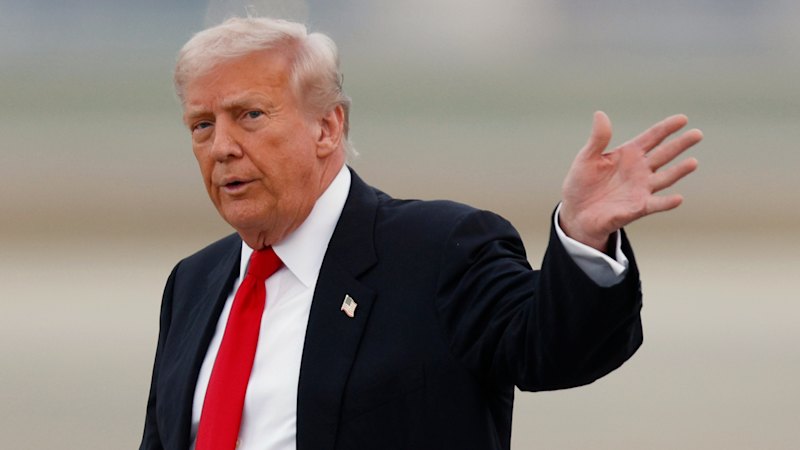
London: The BBC is embroiled in a billion-dollar legal battle with former US President Donald Trump, who has threatened to sue the public broadcaster over an edited video that he claims demonstrates left-wing bias and poor editorial standards. Trump is demanding $1.5 billion in damages unless the BBC issues a “full and fair retraction” of the contentious documentary.
The lawsuit threat follows the resignation of BBC director-general Tim Davie and news chief executive Deborah Turness, who stepped down amid growing accusations of bias. An internal dossier leak had earlier warned of issues with the video and other reporting, prompting the resignations.
BBC chairman Samir Shah addressed British MPs on Monday, apologizing for the edited video. However, Trump’s legal team, led by attorney Alejandro Brito, swiftly responded by demanding further action, including a retraction, apology, and financial compensation for the alleged harm caused.
Legal Battle and Potential Implications
In a legal claim filed in Florida, Brito set a deadline for the BBC to comply by this Friday at 5 p.m. local time (9 a.m. Saturday AEDT). “If the BBC does not comply with the above … President Trump will be left with no alternative but to enforce his legal and equitable rights, all of which are expressly reserved and are not waived,” Brito stated.
The legal confrontation centers on an edited video from the documentary “Trump: A Second Chance?” aired on the BBC’s Panorama program on October 28 of the previous year, just a week before the US presidential election. The controversy over the editing only surfaced recently with the leaked assessment.
“The conclusion of that deliberation is that we accept that the way the speech was edited did give the impression of a direct call for violent action,” Shah acknowledged in a letter to MPs.
The BBC chairman promised reforms in handling complaints and enforcing editorial standards, while rejecting claims of inaction on previous concerns.
Challenges and Historical Context
Trump’s legal team faces significant hurdles in pursuing a defamation claim in London, given the time elapsed since the documentary aired. Filing the claim in Florida presents different challenges, as it requires proving the documentary’s viewership in the US state.
The BBC website indicates the documentary was broadcast on its main British channel and repeated on BBC Two. While some BBC content is available on BBC America, Panorama is not currently listed among the programs.
The edited video in question shows Trump addressing supporters on January 6, 2021, urging them to march to the Capitol. The broadcast omitted parts of Trump’s speech where he called for peaceful demonstration, which critics argue altered the context significantly.
Expert Opinions and Forward-Looking Analysis
Media analysts suggest that the lawsuit could have far-reaching implications for international broadcasting standards and the legal boundaries of defamation claims. The case also highlights the growing scrutiny of media outlets amid accusations of bias and misinformation.
“This lawsuit could set a precedent for how international media is held accountable for its content, especially in politically sensitive contexts,” said media law expert Dr. Jane Collins.
As the deadline approaches, the BBC’s response will be closely watched, not only for its potential financial impact but also for its influence on the broadcaster’s reputation and editorial practices.
This unfolding legal drama underscores the complex interplay between media, politics, and the law, setting the stage for what could be a landmark case in international media law.





